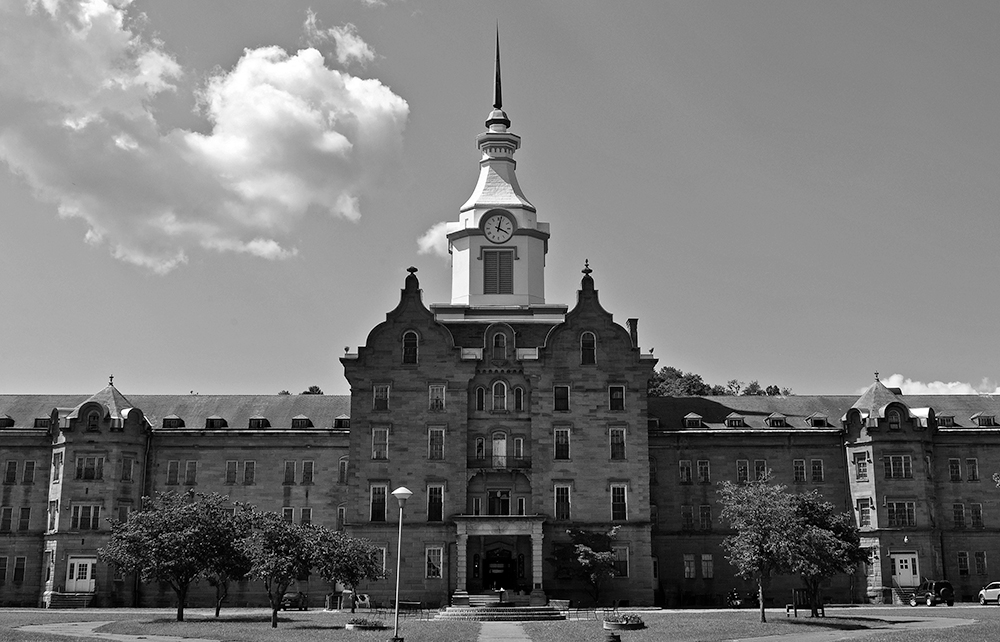The Appalachians have become fashionable fictional territory. Following Charles Frazier’s Cold Mountain and Barbara Kingsolver’s Prodigal Summer and Demon Copperhead comes Jayne Anne Phillips’s Night Watch. Like Cold Mountain, it is set largely in the aftermath of the American civil war, but, for all its wealth of detail, it is less a historical account than a redemptive fable.
As befits a portrait of a society riven by war, the novel unfolds in a series of discrete episodes. Its dominant consciousness and first-person narrator is 12-year-old ConaLee, who lives in a remote hillside cabin with her mother Eliza, infant brothers and sister and violently abusive ‘Papa’. Their nearest neighbour is Dearbhla, an Irish immigrant wise woman, who was Eliza’s childhood nursemaid and whose adoptive son is ConaLee’s actual father, who is missing.
Dearbhla is cut from the same cloth as Paulina in The Winter’s Tale; indeed, ‘Papa’ calls her an ‘Irish hag’, just as Leontes calls Paulina ‘a mankind witch’. Like Paulina, Dearbhla stands up for her victimised friend and arranges for the custody of her children when ‘Papa’ deposits Eliza at the Trans-Allegheny Lunatic Asylum, along with ConaLee as her assistant-companion.
Phillips’s recurrent metaphor for her characters’ loss of self is their fluctuating names. At the asylum, ConaLee, who has never known her mother’s Christian name, assumes it inadvertently when she calls herself Eliza. The real Eliza, meanwhile, becomes Miss Janet. ConaLee’s three-year-old brother is labelled ‘the chap’, and the asylum orphan to whom she grows deeply attached goes only by the nickname Weed. Most elusive of all is ConaLee’s father, who, even before suffering the headwound which robs him of his memory, is referred to simply as ‘the One Who Left’ and ‘the Sharpshooter’. By adopting the name O’Shea, after the doctor who saves his life, he finds work as a night watchman in the asylum – a new identity which enables him at last to be reunited with his wife.
Phillips’s elegant, precise prose, whether describing O’Shea’s disorientation on recovering from his coma or his fellow soldier who ‘took a shell to the gut and rose whirling into the air, flung star-splayed as though before a revelation’, is a joy. Her depiction of the asylum director’s new-fangled methods is a touch too leisurely, and her endorsement of behaviour which would have had him struck off today is perplexing. But these are quibbles about a novel which has the rich resolution of a Shakespearian romance.






Comments